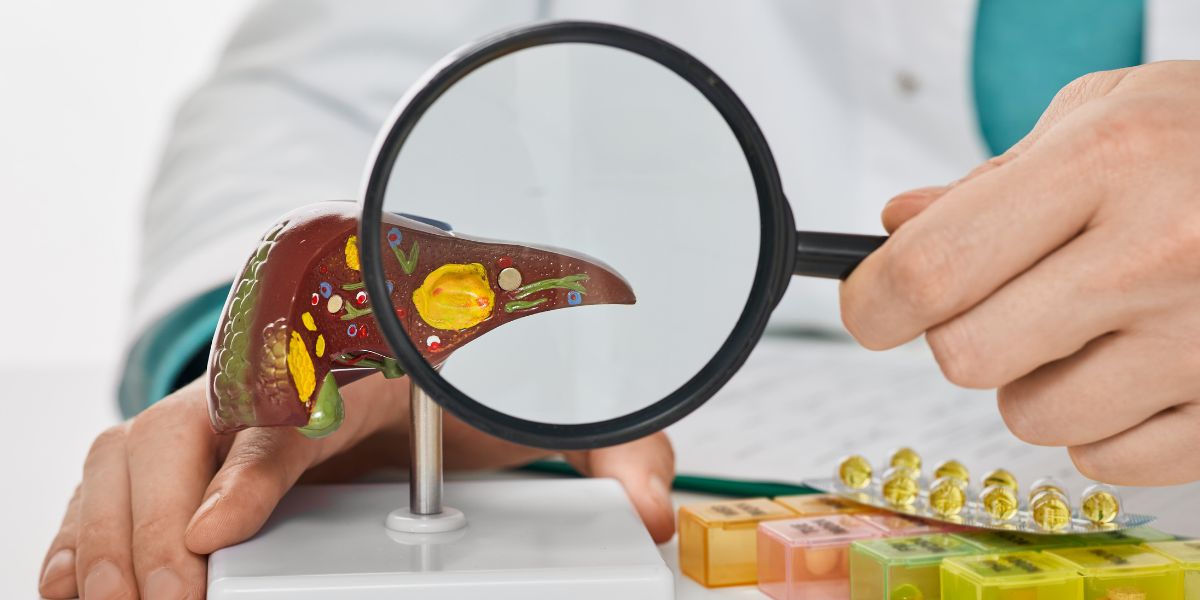- Tuberculosis may increase diabetes risk through disrupted liver metabolism.
- Undiagnosed or late-diagnosed tuberculosis could lead to metabolic health issues.
- Screening for metabolic health could be valuable in tuberculosis treatment and prevention trials.
A study from the University of Leicester has uncovered that tuberculosis can disrupt glucose metabolism potentially increasing the risk of developing diabetes.
The finding sheds light on the complex relationship between these two conditions indicating that undiagnosed tuberculosis may push vulnerable individuals toward metabolic diseases such as type 2 diabetes.
Tuberculosis is a bacterial infection that spreads through inhaling tiny droplets from the lungs of an infected person.
- Diabetes and obesity linked to greater risk of liver cancer relapse
- Type 2 diabetes drug may cut risk of severe liver disease
- Breakthrough oral insulin delivery system shows promise in early studies
While tuberculosis primarily affects the lungs, it can impact various parts of the body and continues to be one of the world’s deadliest infectious diseases.
Prevention through improved vaccines is a priority, with current vaccination efforts primarily focused on infants and young children to protect against severe infections.
The study, published in PLOS Pathogens highlights how tuberculosis-induced metabolic changes may drive individuals towards insulin resistance and diabetes.
Researchers examined the liver’s response to TB infection in laboratory models, finding that the immune response alters glucose metabolism.
Lead author Dr. Mrinal Das also reviewed existing human data, confirming that liver metabolism is disrupted as latent tuberculosis infections progress.
- Study identifies role of metabolic risk factors in onset of diabetes among people with HIV
- Drinking coffee regularly could lower risk of cardiometabolic diseases
- How bats regulate their blood sugar levels could lead to new therapies for metabolic conditions like diabetes
Professor Andrea Cooper of the Leicester Tuberculosis Research Group noted, “Our findings shift the focus from diabetes worsening TB [tuberculosis] outcomes to the possibility that late TB diagnosis may lead to metabolic issues, increasing susceptibility to diabetes.”
The research team hopes to define the molecular pathways by which TB infection influences liver metabolism, paving the way for potential targeted interventions.
The team also suggests that metabolic health screening should be considered in tuberculosis treatment and vaccine trials to improve overall health outcomes.






